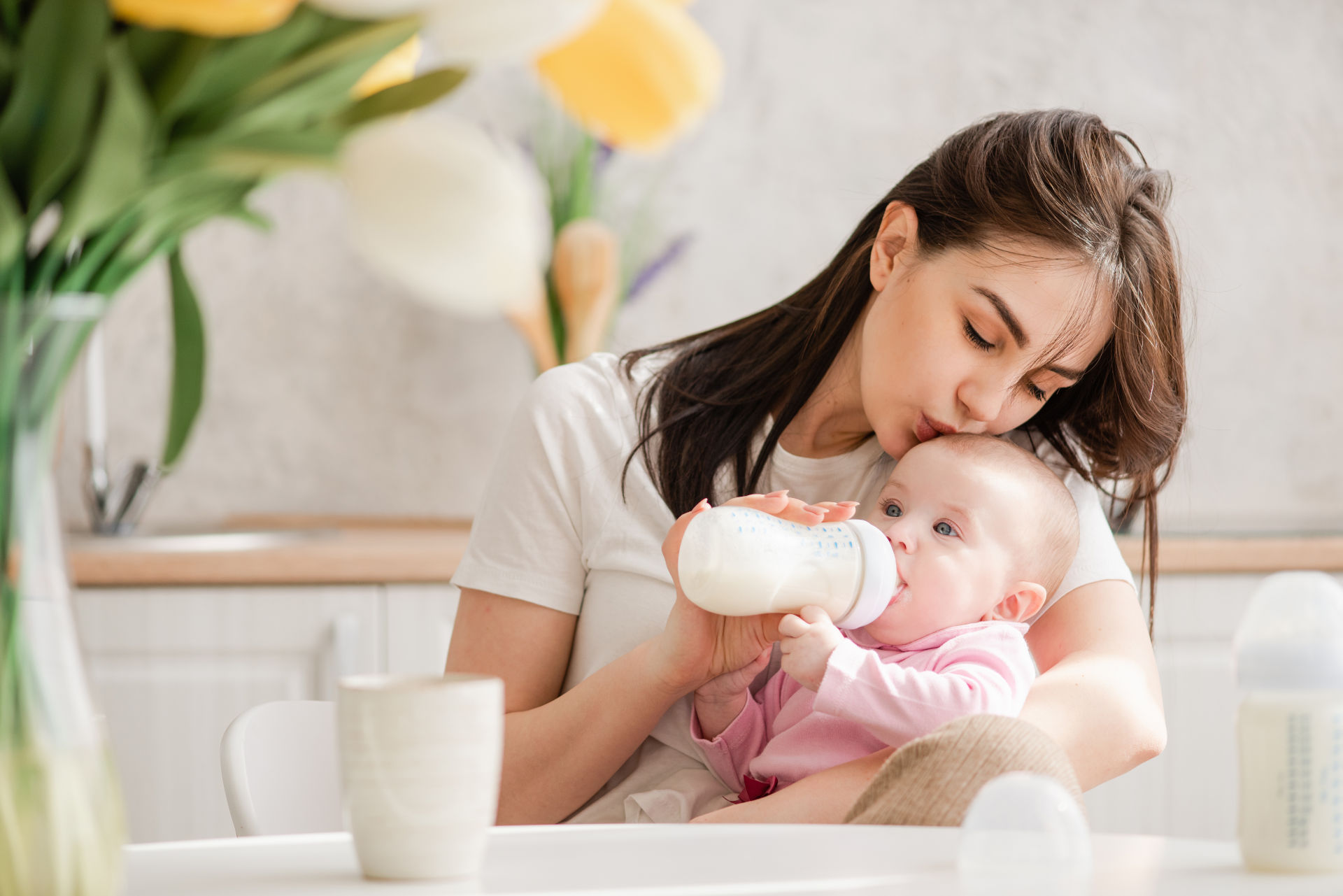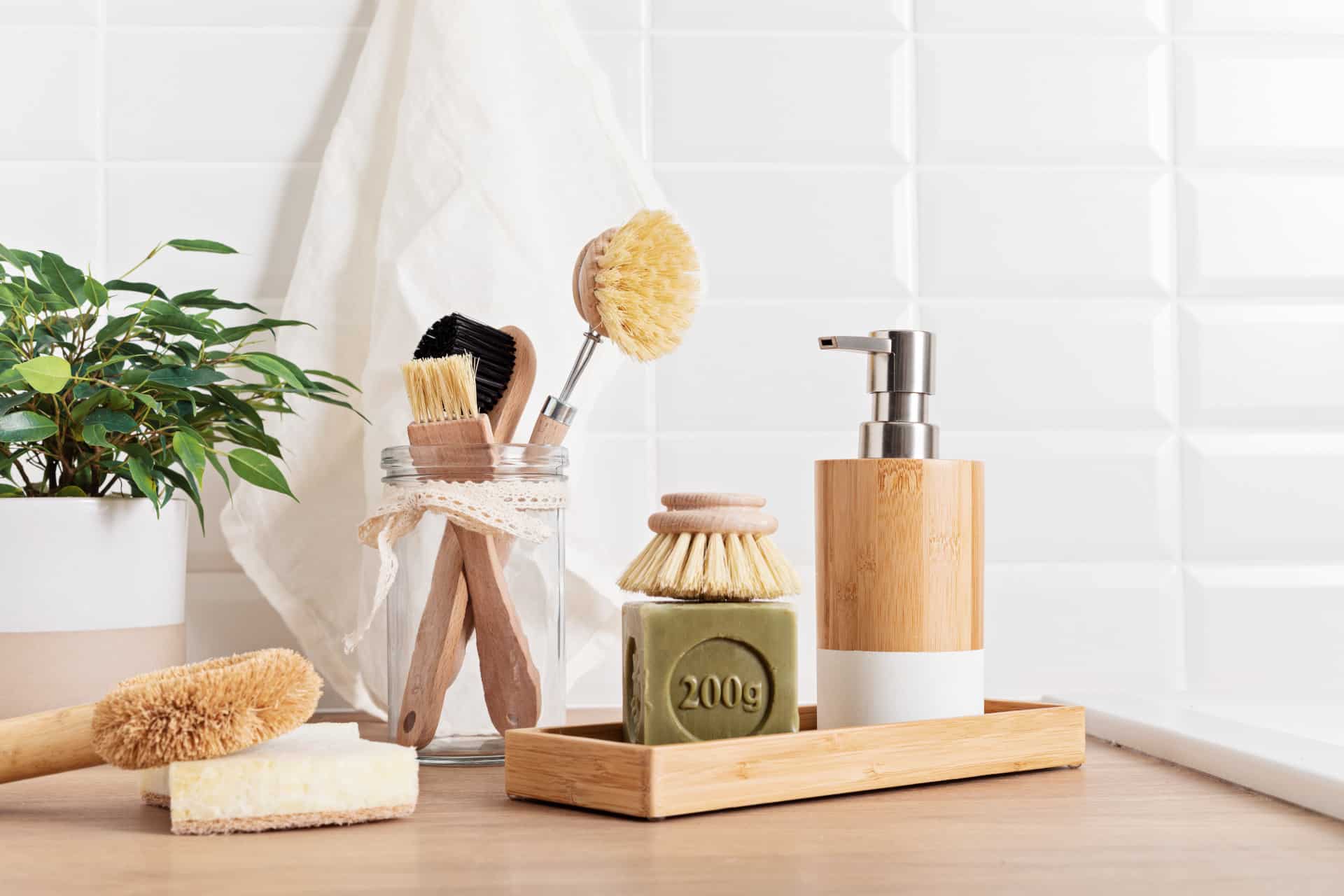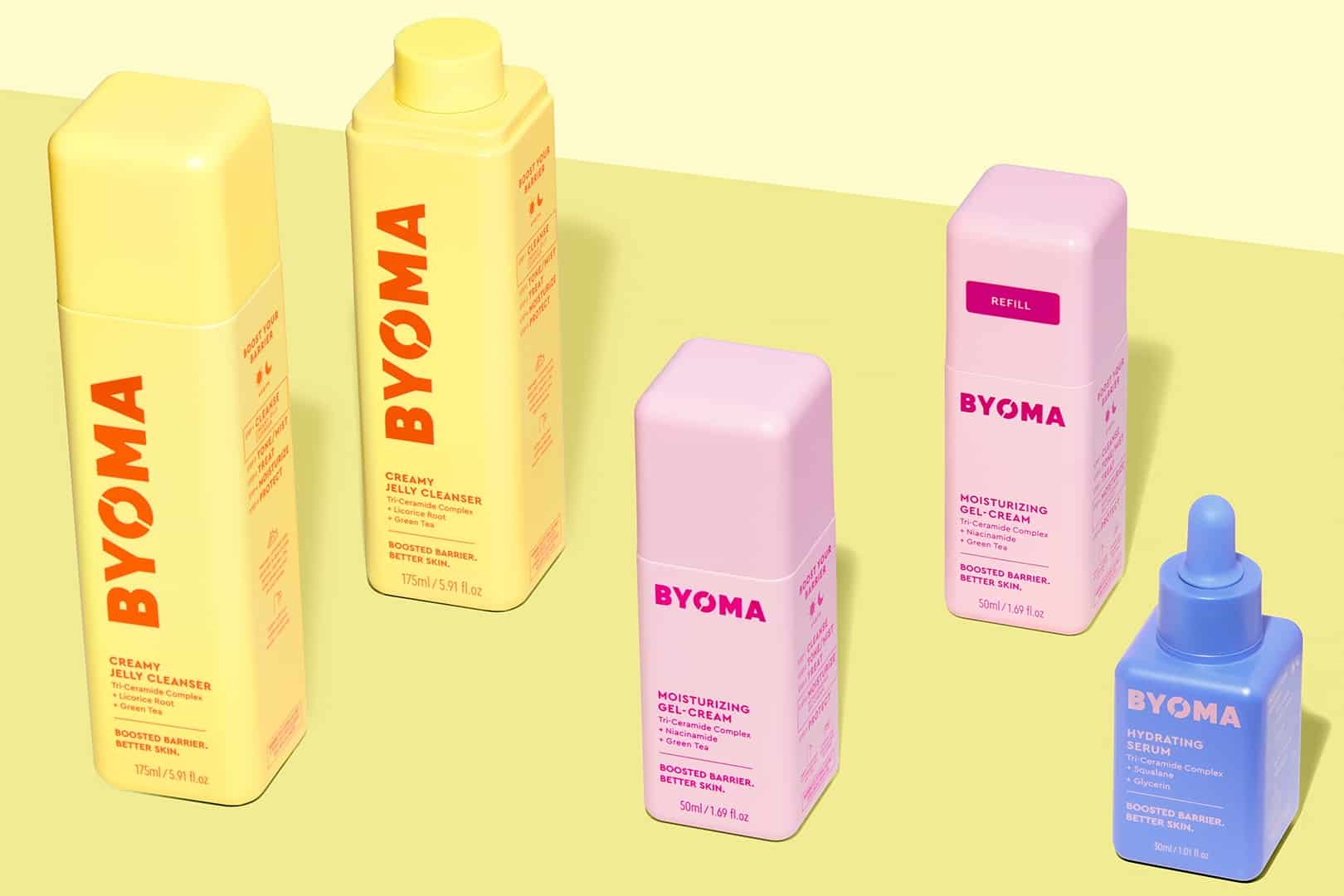Glass vs. Plastic Baby Bottles & Why We Recommend Glass

It’s tempting to buy plastic baby bottles, we know.
Compared to glass bottles, they’re cheaper, much more easy to find in stores, lighter, and there are no worries of breaking them.
But there are some good reasons why you should consider using non-toxic glass bottles instead of their cheaper plastic counterparts.
From chemicals to price, here’s what you should know:
Glass bottles contain no chemicals.
Have you ever taken a drink out of a plastic bottle of water and noticed that it tasted a bit… plasticy?
That’s because plastic is a reactive material, meaning it can have a chemical reaction to the contents. And since there are any number of chemicals in a plastic bottle, the fact that some of them can be leaching into the milk is alarming to say the least.
Since 2012, The Food and Drug Administration (FDA) banned BPA in plastic baby bottles. BPA is a chemical used in the manufacturing of hard plastic, and unfortunately, this particular chemical easily leaches into food. In fact, a study of over 2000 people found than 90% of them had BPA in their urine.
Glass bottles are more durable.
You might be thinking to yourself: “glass bottles can break, so plastic must be better, right?”
We don’t blame you for having that concern. I mean, who would be okay with the idea of broken glass baby bottle shards around their child? Especially when they reach the toddler stage and chaos begins to ensue.
While it’s true that plastic bottles are more durable when it comes to drops, glass bottles are a lot more durable than they used to be 20 years ago.
These days you can find bottles made of tempered and shock-resistant glass, which are very hard to break.
Glass bottles are more eco-friendly.
Glass baby bottles are much more easily recycled than their plastic counterparts. Not only that, but it’s takes much less energy to process and manufacture a glass bottle.
When recycling the bottles, glass can be recycled over and over and turned into different glass bottles without any kind of chemical processing. If your plastic bottle was going to be recycled (which, in fact, it probably will go straight into the trash) it takes a lot of chemical processing to reuse the plastic.
Glass bottles last a really long time.
With proper care, glass baby bottles can last a long, long time. With proper care, they can last a lifetime. Plastic bottles, not so much; they should be replaced about every four to six months.
This means that if you use glass bottles, it’s possible to hand them down to a friend, or even hang onto them yourself for any future babies you might be planning on popping out.
Glass bottles are more hygienic.
Plastic tends to hold onto smells more easily than glass, and there’s nothing worse than spoiled milk smells in your bottle.
All those little scratches that accumulate inside your plastic bottle make the perfect home for bacteria to hide in. Nasty, right?
Glass bottles are also resistant to higher temperatures, meaning that you can boil them at a higher heat than plastic, which can easily melt or create a leaching issue.
You can simply throw your glass bottle in the top rack of the dishwasher (make sure to read the manufacturer’s washing directions first, though) or in a stand-alone sanitizer. Easy peasy.
But, glass bottles are heavier.
Yes, it’s true that plastic bottles are lighter.
But if you think of old, heavy glass bottles like you had when you were a kid, you’ll be pleased to know that modern glass bottles are much lighter than they used to be.
Glass bottles are more expensive… up front.
It’s true that plastic bottles are generally cheaper than glass.
However, since plastic bottles need to be replaced every four to six months, glass ends up making more financial sense in the long run, especially when you consider all of the other benefits of glass.
The choice is yours.
We completely understand if you choose to use plastic bottles instead of glass.
They are cheaper at first, and the concern of them breaking is real, and if you dropped the bottle on your little one’s head, you wouldn’t be the first one to do it.
If you have any questions, please let us know in the comments below!




